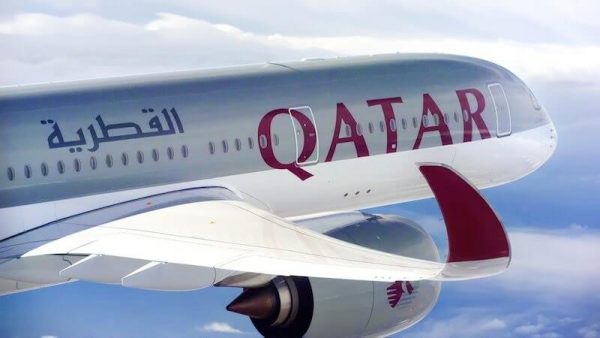NEWS LENS
FG Returns Cargo Tracking Note Without Tariffs
To ensure that Nigerian shippers are no longer short-changed by shipping lines and security of cargoes guaranteed, the Federal Government has re-introduced Cargo Tracking Note (CTN)to be managed by the Nigerian Shippers’ Council (NSC) this time around. The commencement date will soon be announced.
CTN was first introduced in Nigeria on December 9, 2009 under the management of the Nigerian Ports Authority, NPA but was administered by Transport and Ports Management Systems Ltd (TPMS), a private firm said to have been founded by a Benin Republic national.
However, it was abrogated one year after following reports of its wrong application.
According to a source in NSC, unlike before, CTN will only attract a minimal administrative fee as an advanced cargo tracking information system. The fee will be applicable to all import and export cargo which are equally expected to be fully certified from the port of origin to destination. The certificate will show the nature, freight and weight of the cargo.
According to the source, also the remodelled CTN will make under- declaration of cargo difficult as well as minimize delay in cargo shipment.
Under the new dispensation also, Nigerian shippers will no longer incur extra cost for freight after the payment of the professional cost under Cost, Insurance and Freight (CIF) obligation to shipping lines.
Speaking with the Executive Secretary and Chief Executive Officer (CEO) of NSC, Barr. Hassan Bello, he said it is only in Nigeria that shipping lines make shippers to incur extra cost of freight after fulfilling the obligation of CIF to ship cargo to port of destination.
The application of the re-modelled CTN, according to the Council’s source, will reduce cost of shipment unlike the previous one that increased the cost of shipping.
MMS Plus Weekly gathered that the NSC – administered CTN was one of the approvals granted by former president Goodluck Jonathan to NSC as the new port economic regulator.
Comparatively, however, the NPA – operated CTN operated in a manner that CTN must be obtained at the port of leading as part of procedure for cargo security and safety.
All cargo loaded or unloaded at any Nigerian port had, prior to shipment, to obtain a CTN from TPMS.
An administrative fee of USD$55.00 per CTN was charged then, with other compulsory charges as: USD$205.00 for shipments from other continents, while tariffs per mode of shipment were: FCL:USD$170.00/20’ TEU; USD$255.00/40’TEU; Roll-on-Roll-off (RORO): USD$5.00 per vehicle up to 5 ton unit weight; USD$170.00 per vehicle over 5 ton unit weight. These tariffs were applicable to the bill of lading.
Conventional shipments attracted: USD$8.50 wm (minimum attracted: USD$85.00 PER CTN); consolidated cargo/LCL: USD$8.50WM (minimum USD$85.00 per CTN) and one CTN was issued per individual LCL parcel.
Then, the shipper or his agent would complete the attached excel document and send via e-mail to the local representative for control. A copy of the corresponding bill of lading was attached for RORO and conventional shipment.
Already, some freight forwarders who were contacted for reaction on the remodelled CTN said they would be delighted to have any system aimed at reducing cost of doing business and guarantee safety of their cargo





